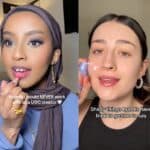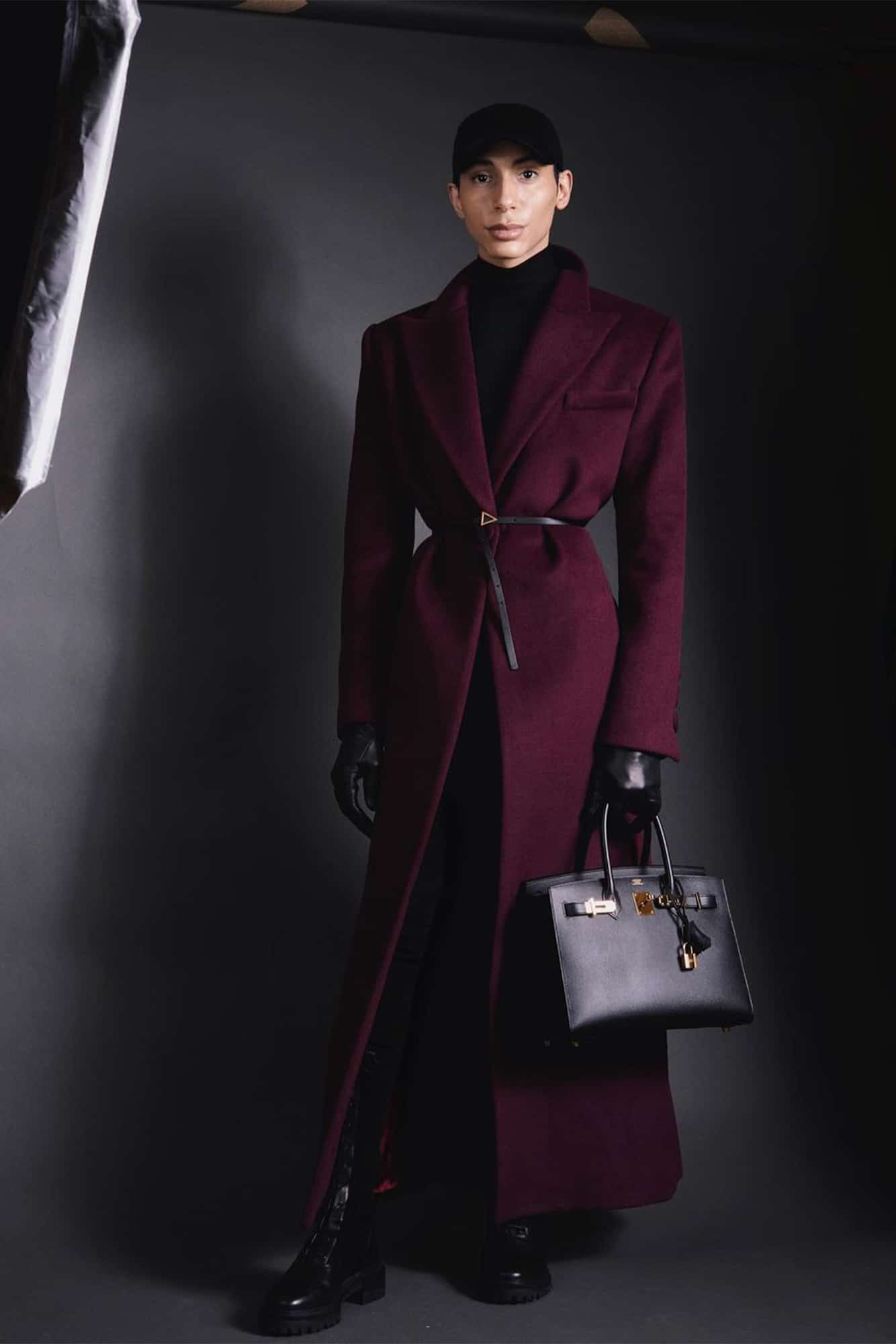Morphe was once a beloved beauty brand that every influencer wanted to work with. It launched the biggest creator collaborations of the late 2010s, with notable US names such as Jeffree Star, James Charles, Nikita Dragun and Jaclyn Hill scoring lucrative contracts, millions of followers and a global reach.
Capitalising on Instagram and YouTube’s rapid growth in the early 2010s, it once boasted a US$2 billion (£1.6 billion) valuation, with its affordable eyeshadow palettes, extensive brush ranges and frenzied store-openings, and in 2019, revenue topped US$400 million (£324 million).
However, at the start of 2023 the company closed all its US retail stores, with shop staff taking to TikTok to reveal bleak behind-the-scenes footage of looming unemployment and the shutters coming down – #morpheclosing currently has 4.2 million views and counting. Shortly after, its parent company, Forma Brands, filed for bankruptcy.
You may also like
Morphe has long been plagued by creator scandals, and its failure to hold problematic brand ambassadors accountable irreversibly aligned its identity with the creators who once helped it build a billion-dollar business. By 2021, its revenue plummeted to US$32 million (£26 million).
Star’s racist behaviour has been well-documented, during both his career as a singer at the height of his MySpace fame and throughout his subsequent YouTube success. He has reportedly made xenophobic and antisemitic comments off-camera also. Morphe severed ties with Star in July 2020.
In 2019, Charles was embroiled in a highly publicised feud with former YouTube collaborator and fellow Morphe partner Tati Westbrook. Then in 2021, he faced grooming allegations after sending sexually explicit messages and images to underage boys, on multiple occasions. Charles was dropped by Morphe in 2021.
Other long-term Morphe ambassadors such as Hill and Westbrook were also controversial figures that drove millions of views, engagement, brand awareness and a combined status of “YouTube beauty gurus” – which, until 2020, made them market leaders.
However, with the emergence of TikTok – a platform where anyone can become an influencer overnight – Gen Z users are quick to call out creators behaving badly and condemn brands that partner with them.
Morphe attempted to court Gen Z consumers through the launch of Morphe 2 – a Glossier look-alike skincare and makeup line fronted by TikTok stars Charli and Dixie D’amelio – and Bad Habit, a skincare brand of which Emma Chamberlain was appointed creative director, but neither managed to capture the influence it once wielded.
Constant scandals and performative friendships for views drove away savvy viewers who weren’t inspired to spend by misbehaving influencers they couldn’t trust for authentic product recommendations.
Morphe’s fall from grace is a hard lesson in how integral it is to get influencer partnerships right. They can make or break a brand, and if a company is unable to sever ties with problematic creators it will forever be tainted with their mistakes. Once lost, it’s impossible to regain consumer confidence.
By Louise Whitbread, freelance reporter for CORQ. Picture credit: Jeffree Star via YouTube.










